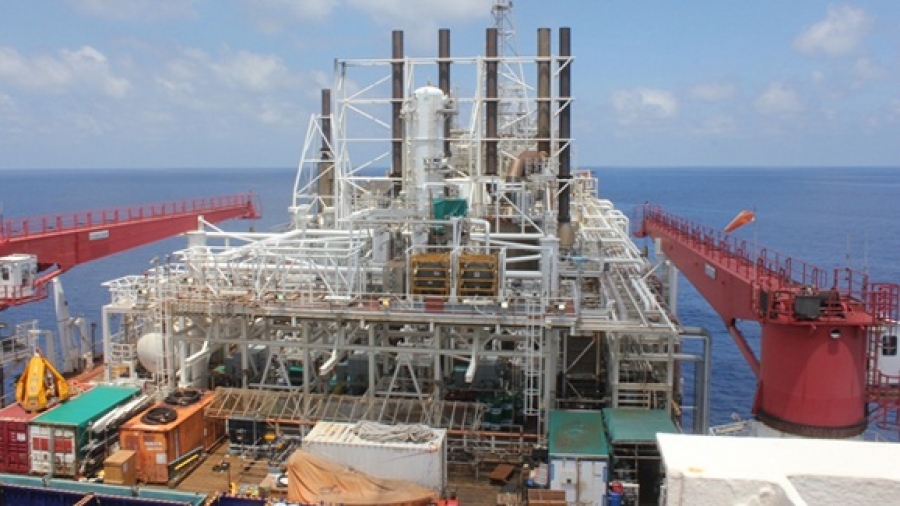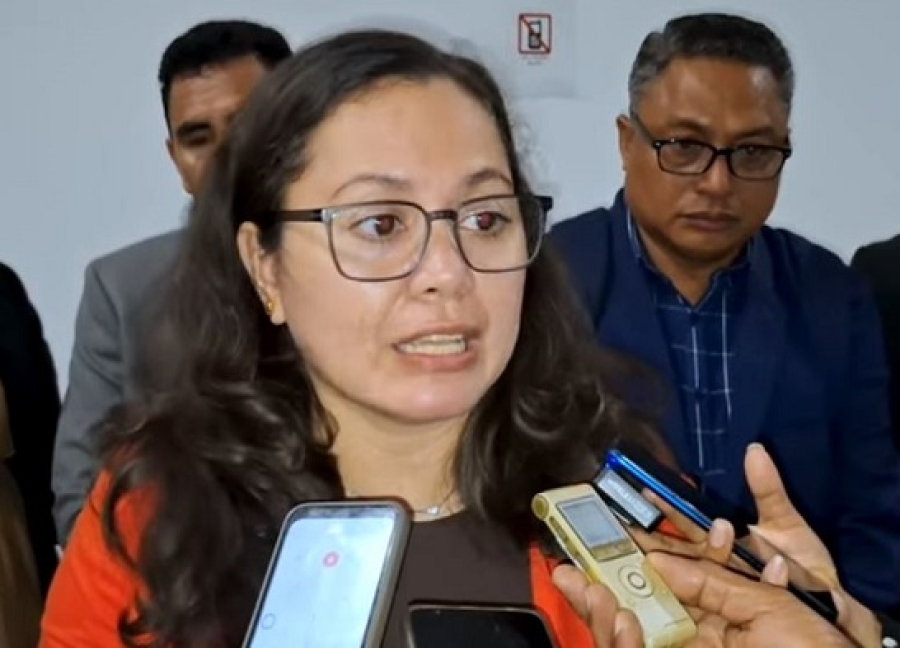The proposed changes would allow by-passing of State budget and National Parliament approval to extract money from the sovereign wealth fund.
On 23 July, National Parliament voted 42 in favour and 23 against to amend the laws as well as the Resolution of the Maritime Boundaries Treaty and the Elimination of Tax Regulations, as part of a legislative package that the ruling coalition government has said were needed to allow ratification of a maritime border treaty with Australia.
Aroe Noe, the President of National Parliament – who supported the law ratifications – stressed changes were needed to allow Timor Gap, Timor-Leste's state-owned national oil company, to take money directly from the fund to support development of a domestic oil and gas industry.
He said the government was looking at an “alternative mechanism” for extractions of less than 5 per cent of the fund.
“Not just to take it,” Noe said. “There is a process because the Petroleum Fund is managed by the Ministry of Finance and the Central Bank.”
The Fretilin opposition party – whose members voted against the Petroleum Fund law changes - have stressed that changes to the Petroleum Fund law were not needed for the ratification of the maritime boundary treaty – which is to be signed August 30.
In a statement released after July’s parliamentary vote, Fretilin said: “To amend such an important law as petroleum fund, there should be dialogue, and consultations with all relevant parties including the Consultative Council for Petroleum Fund (CCFP) and civil society organisations. But this is not happening.”
Under Timor-Leste law, the president now has the opportunity to veto or promulgate the proposed changes.
The High Court decision comes as the Government of Timor-Leste on Wednesday completed the 'transitional arrangements' process required for signing of the Maritime Boundary with Australia, signing five revised and a new Production Sharing Contracts with oil and gas companies affected by the new Treaty.
The Government also signed further arrangements with the Australian Government on exchange of taxation information between Timor-Leste and Australia, and two Memorandums of Understanding between the institutions of the two States to allow for cooperation on petroleum related matters (specifically, on the management of the Bayu-Undan pipeline and on transfer of geological data and related cooperation).
“The signing of these five Production Sharing Contracts and further arrangements with the Australian Government are necessary pre-conditions to the exchange of diplomatic notes between Timor-Leste and Australia, that will allow the Maritime Boundaries Treaty to come into force on 30 August 2019”, according to a government statement.







